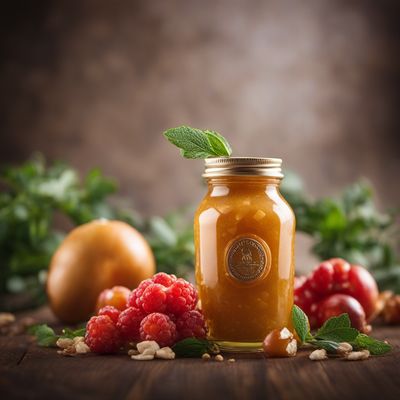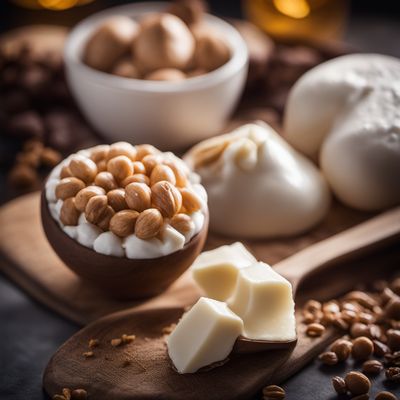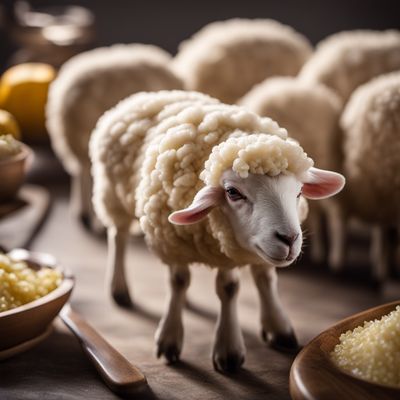
Ingredient
Rabbit liver
The Delicate Delight
Rabbit liver has a mild and slightly sweet flavor, similar to chicken liver but with a more delicate and subtle taste. It has a tender texture that melts in your mouth when cooked properly. It can be sautéed, pan-fried, or incorporated into pâtés and terrines.
Origins and history
Rabbit liver has been consumed for centuries in different parts of the world, particularly in European and Mediterranean cuisines. It is highly regarded for its delicate flavor and nutritional value. Rabbit liver is often associated with traditional dishes and festive celebrations.
Nutritional information
Rabbit liver is a rich source of essential nutrients, including iron, vitamin A, vitamin B12, and folate. It is also low in calories and fat, making it a nutritious choice for liver lovers. However, it should be consumed in moderation due to its high cholesterol content.
Allergens
May contain traces of cholesterol.
How to select
When selecting rabbit liver, look for fresh liver that is firm, moist, and free from any discoloration or strong odors. Avoid liver that appears dry, discolored, or has a strong ammonia smell. Opt for organically raised rabbits for the best quality liver.
Storage recommendations
To maintain the freshness of rabbit liver, store it in the refrigerator at temperatures below 40°F (4°C). Use it within a day or two for the best flavor and quality. If not consumed immediately, it can be frozen for later use. Wrap the liver tightly in plastic wrap or place it in an airtight container to prevent freezer burn.
How to produce
Raising rabbits for their liver requires proper care, a balanced diet, and a clean living environment. Consult local regulations and guidelines before starting your own rabbit farm. Alternatively, rabbit liver can be purchased from specialty butchers or farmers markets.
Preparation tips
Rabbit liver can be sautéed with onions and herbs, pan-fried with butter, or incorporated into pâtés and terrines. It pairs well with flavors like thyme, rosemary, and balsamic vinegar. Avoid overcooking rabbit liver to preserve its delicate texture and flavor.
Substitutions
Chicken liver, duck liver.
Culinary uses
Rabbit liver is commonly used in dishes like pâtés, terrines, and liver mousse. It can also be added to stews, ragouts, and sautés for added richness and depth of flavor.
Availability
Commonly available in Europe, particularly in France, Italy, and Spain.
More ingredients from this category

Deer liver
The Nutrient-Rich Delicacy: Exploring the World of Deer Liver

Equine liver
The Delicate Delight: Equine Liver

Wild boar liver
The Savory Delicacy: Wild Boar Liver

Pig liver
The Rich and Nutritious Pig Liver

Goat liver
The Nutrient-Rich Delicacy: Exploring the World of Goat Liver

Bovine liver
The Nutrient Powerhouse: Bovine Liver

Hare liver
The Delicate Delight: Exploring the World of Hare Liver

Sheep liver
The Delicate Delight: Sheep Liver